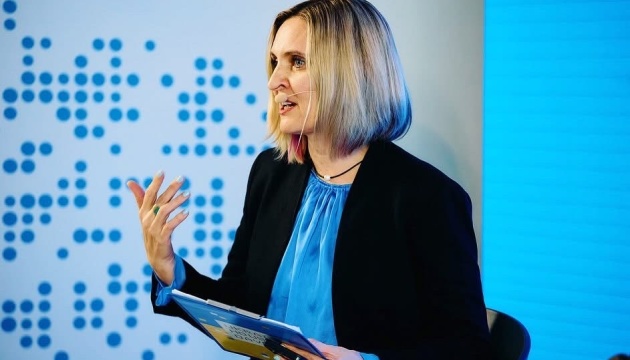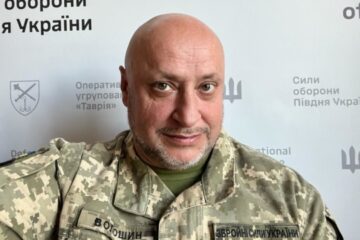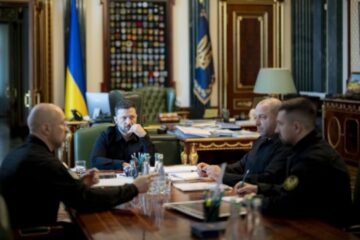
When the media gives a voice to individuals involved in Russian war crimes without providing proper context, it becomes a tool of Kremlin propaganda.
This opinion was expressed by media expert and Editorial Director of Forbes Media’s international publications, Katya Soldak, in response to a request from Ukrinform’s correspondent in New York to comment on an article by journalist Nanna Heitmann in The New York Times, which contained manipulative material about the consequences of hostilities in Russia’s Kursk Region.
“After more than three years of war, there remains a lack of understanding about what it means to report responsibly on conflicts involving non-transparent governments”, Katya Soldak stated.
According to the expert, it is difficult to cover wars when one of the parties is completely opaque and any information disseminated at its discretion is merely a propaganda tool.
“There are ways to obtain at least some unbiased reporting, which are very difficult — through trusted sources on the ground, applying critical thinking by real investigative journalists who live and breathe the pursuit of truth, rather than seeking the thrill of traveling with the Chechen unit”, the Editorial Director of Forbes Media added.
Everyone understands, she said, that “if Russia allowed a journalist to come anywhere on their battlefields, we’re not talking about unbiased reporting”.
According to the expert, when the media outlet provides “uncritical space to individuals repeating the Kremlin talking points or features those credibly implicated in war crimes — including killings, torture, and participation in Russia’s filtration operations in occupied territories in Ukraine — without proper context or accountability, it doesn’t inform the public. It misinforms, and worse, it becomes a tool of propaganda,” Soldak said.
In her article, Nanna Heitmann states that she spent six days in the frontline areas of Kursk, where she was accompanied by Akhmat militants.
Spokesperson of the Ministry of Foreign Affairs of Ukraine Heorhii Tykhyi responded to the publication on social media X as follows: “Whoever at NYT thought it was smart to report alongside Russian war criminals made the dumbest decision. This isn’t balance or “the other side of the story.” This is simply letting Russian propaganda mislead the audience. Sad to see Duranty-level manipulation return to NYT. [Editor’s Note: Duranty is a journalist who denied the Holodomor]”.
The photo was provided by Katya Soldak
Source: Expert on NYT report from Kursk Region: When media gives voice to war criminals, it is propaganda



